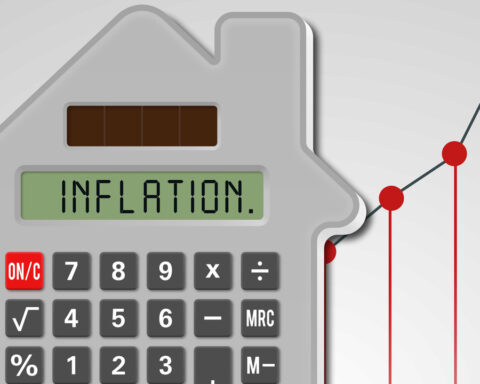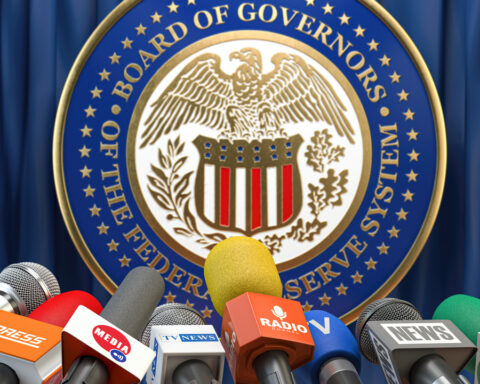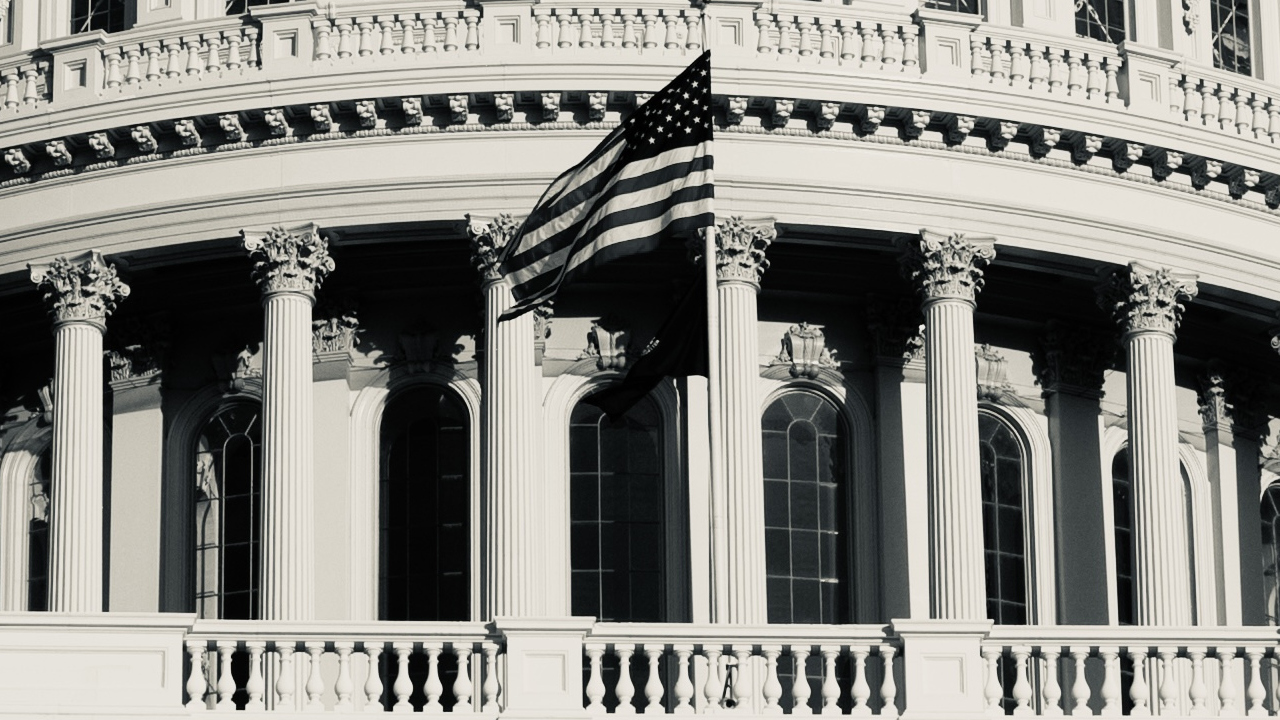Sustainable investing has become one of the hottest new trends in the financial industry, corresponding to the increasing clamor for corporations and businesses to espouse more socially responsible principles. Environmental, social, and governance (ESG) scores are the primary mechanism by which these sustainability objectives have been institutionalized within our global economic infrastructure.
Their utilization has exponentially increased in recent years, with 98 percent of U.S. companies now disclosing ESG scores, and more than 15,000 companies worldwide signing on the United Nations Global Compact – an initiative to use ESG for tracking the UN’s Sustainable Development Goals (SDG). The United Nations, alongside other international organizations such as the World Economic Forum and mega-financiers like Larry Fink, have been the primary sponsors of this system.
If you have found yourself at a loss in terms of what ESG scores actually entail, you are not alone. It is a confusing system. Yet, the implications associated with this system’s implementation are important to understand.
ESG scores are, essentially, a social credit framework for sustainability reporting. They are supposed to measure both financial and non-financial aspects of a company’s overall risk profile. Companies with favorable credit ratings are therefore attractive targets for investment, whereas companies with unfavorable credit ratings are “screened out.” Ultimately, their utilization alters how businesses are evaluated, grading them on the basis of their commitment to social justice and environmental causes rather than traditional financial metrics.
Despite the implication that there is a set of defined standards by which companies can be objectively evaluated, there is far from a uniform approach. Instead, there are multiple overlapping systems, sponsored by governments, international organizations, and financial institutions alike. Additionally, there are numerous ratings agencies such as Moody’s and S&P, each of which applies its own unique methodology to assigning scores. Studies have even shown that a rating agency’s subjective view of the firm under observation has influenced their rating to a significant degree.
Another area of potential confusion lies within the data itself. Allow me to present you with an example of just one system, promoted by the International Business Council (IBC). This ESG system incorporates 55 metrics, which range from quantitatively determined “Total R&D Expenses” and “Total Social Investment” to qualitatively determined “Purpose-Led Management.”
These metrics are then subjectively weighted according to the preferences of corporate stakeholders, and finally aggregated together into one overall score. It is difficult to countenance a scenario in which that score is an accurate representation of a company’s risk profile.
The power that these stakeholders enjoy over the determination of these metrics leads us to the direst aspect of the ESG system: Banks, corporations, ratings companies, and other financial elites are in total control, and can adjust their predetermined metrics at will. As metrics are not determined by a government agency, instead being a product of the “free market,” no oversight mechanism exists to constrain their influence.
For one, this has allowed those capitalizing upon and driving ESG scores to become exceedingly wealthy, often at the expense of others.
In 2020, investment into sustainable funds surpassed $50 billion, 10 times that of 2018. The novelty associated with ESG has allowed financial institutions to justify higher portfolio management fees while reaping the rewards. The system also allows banks and investment firms to drive large flows of capital to wherever they choose, enriching themselves and their friends in the process.
Moreover, the ESG system has been used to consolidate wealth amongst the individuals responsible for the movement’s genesis. Blackrock – the world’s largest private asset manager – recently hit $10 trillion in assets under management, powered in large part by ETFs. Its iShares Global Clean Energy ETF is one of the largest ESG funds in the world.
Who runs Blackrock? Larry Fink. The same Larry Fink who, along with Charles Schwab, could be seen as the founder of the entire ESG system, and the shift to an overall model of stakeholder governance.
Beyond the issue with wealth consolidation, however, lies the concerning precedent being set. The wealthiest Wall Street investors, such as Blackrock, have become increasingly capable of dictating the affairs of small businesses and companies by virtue of their influence over ratings, and the voting blocs they hold in corporate boardrooms.
Society, too, is at their mercy. The power that ESG affords to its creators could potentially be wielded to censor free speech by coercing social media companies to ban content. The system could be used to alter consumer behavior, pressuring individuals to purchase electric vehicles when their natural preference is for a gasoline-powered car. ESG frameworks could be used to mandate certain food and beverage choices, under the guise of championing sustainable options.
Consider the following scenario:
What if your local government needs a substantial outside investment to pay for something like building a new school, or repairing a road? The investors they might approach could very well coerce that government into adopting certain community-level standards in exchange for the loan, because the municipality is not considered “green enough.” In this hypothetical – yet not so far-fetched – scenario, the city’s inhabitants would be forced to abide by the municipality’s new laws and regulations, leading to severe restrictions upon their individual freedoms.
ESG systems are inherently designed to be alterable at any given moment, but only by the handful of elites who call the shots. That is by design. The public has no say. The public has not elected these individuals to power, yet, we are at their mercy nonetheless.
Does that seem like democracy to you?
First published at: RedState.
Photo by Flavio Coelho, GettyImages.
Jack McPherrin is the managing editor of 1818 Magazine. Jack works as the research editor for the Editorial Department of The Heartland Institute, where he also contributes to the mission of the Socialism Research Center as a research fellow. He is in the final stages of completing his Master’s Degree in International Affairs from Loyola University-Chicago, where his myriad research interests primarily encompass domestic and international economic policy, global institutions, authoritarian regimes, and foreign affairs - with a particular emphasis upon Russia and China. Prior to his graduate pursuits, Jack spent six years in the private sector after graduating from Boston College with a dual Bachelor's Degree in Economics and History. He currently resides in the Lincoln Park neighborhood of Chicago, a few short miles from where he was raised.








